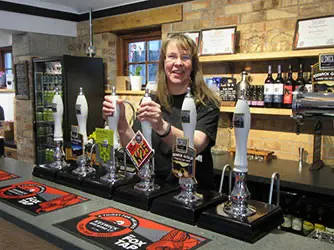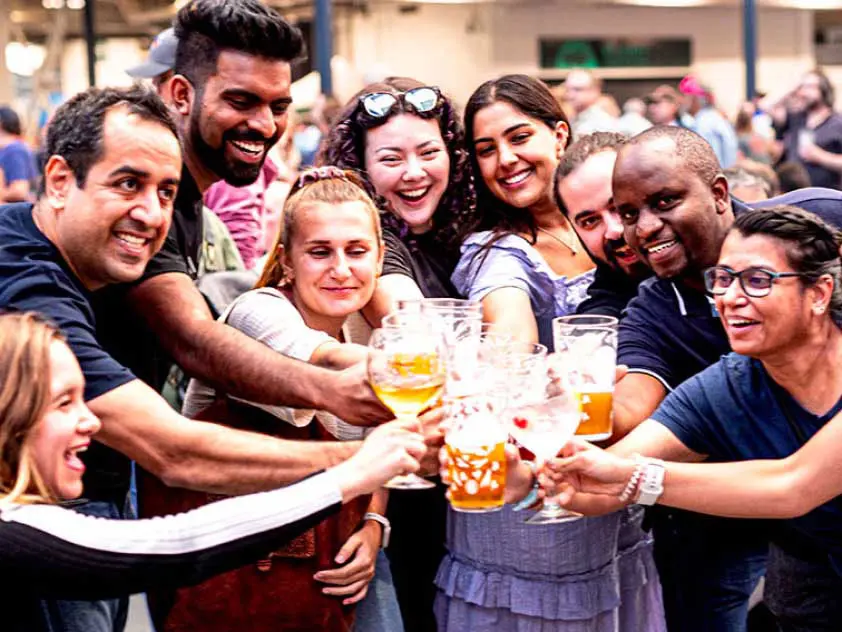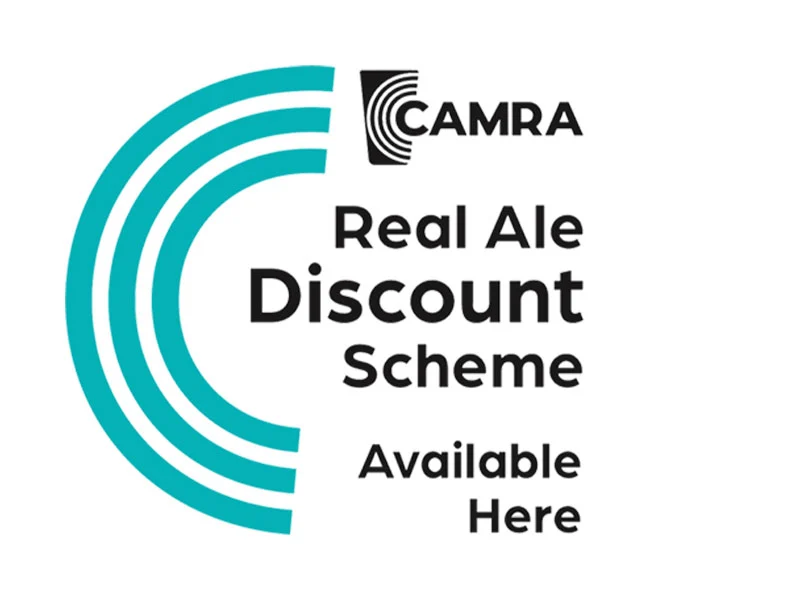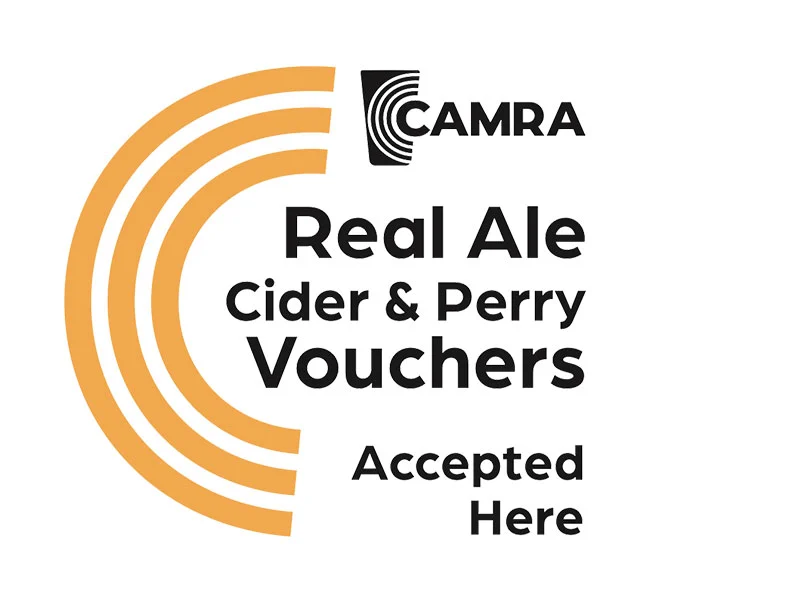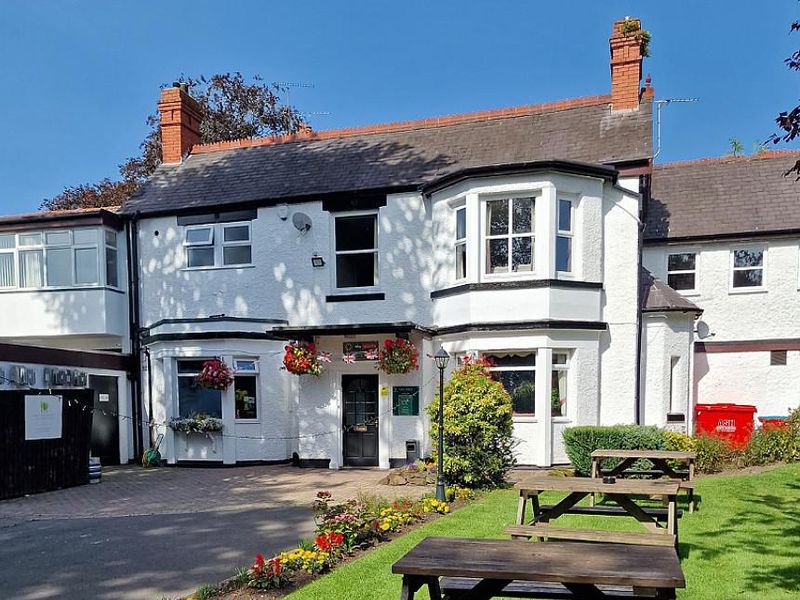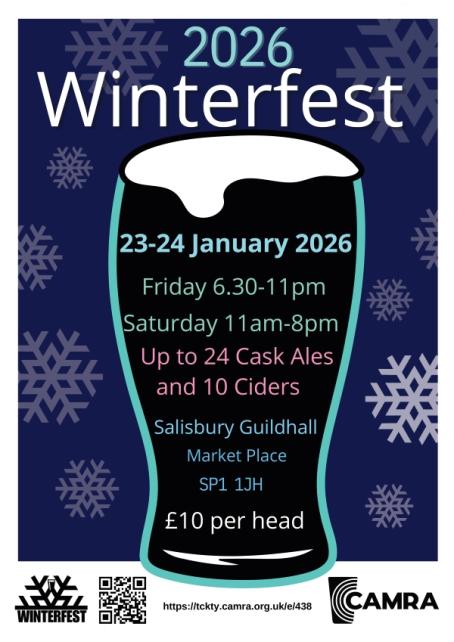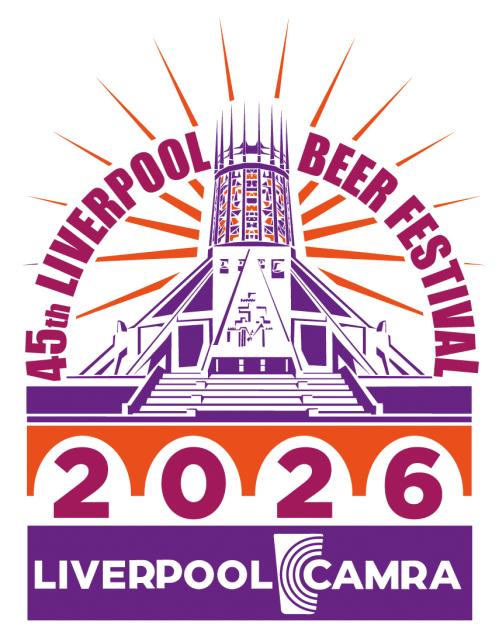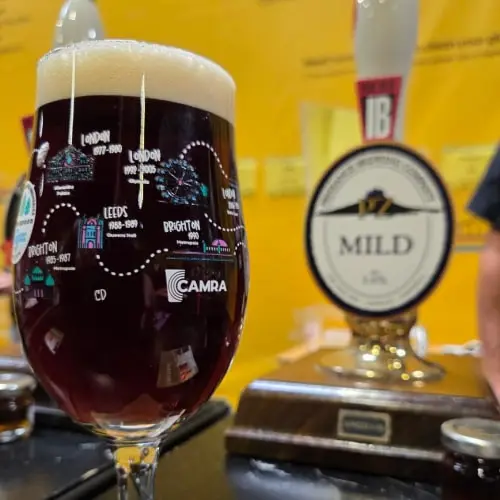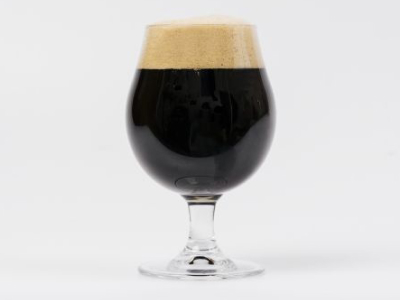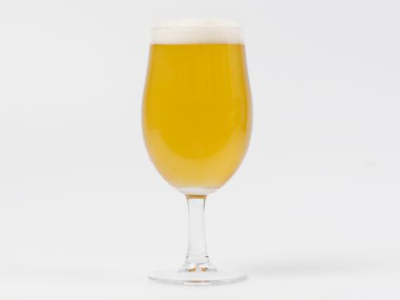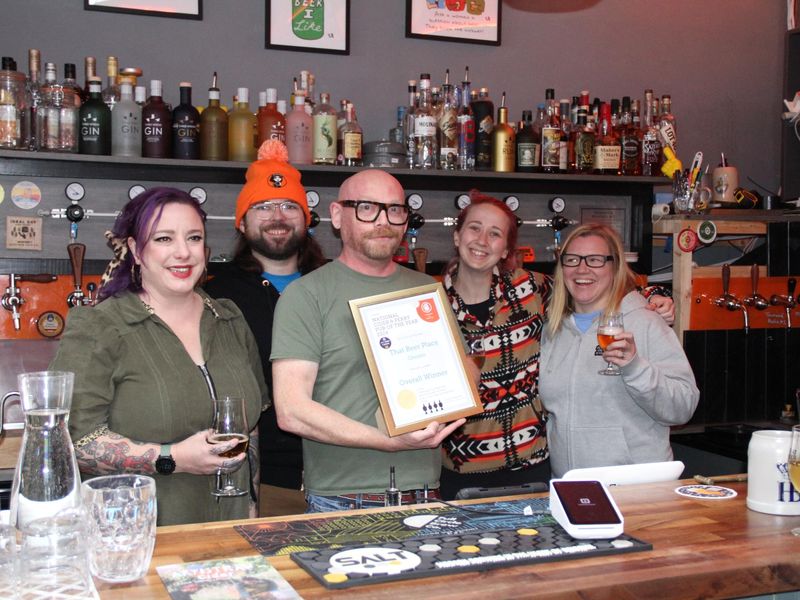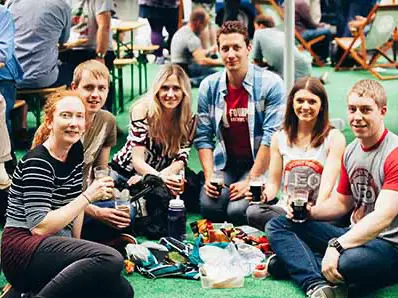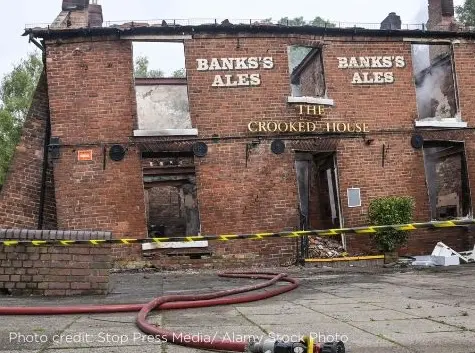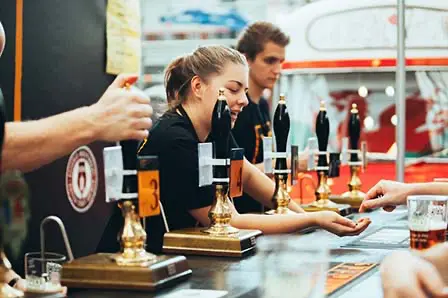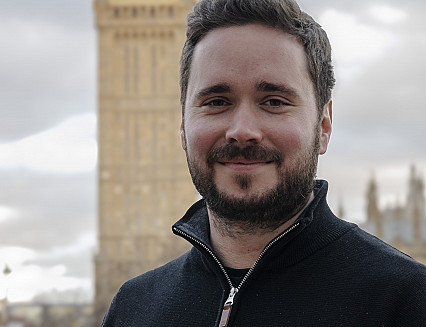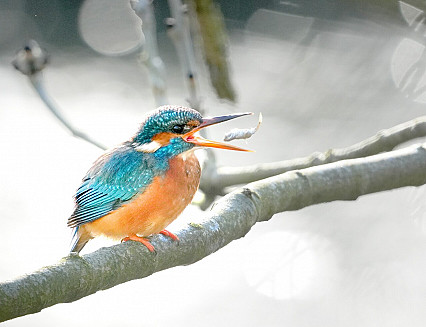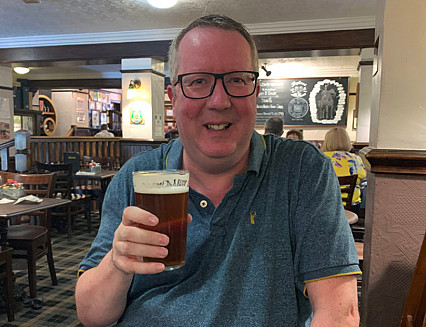The news may have bypassed your radar, but Heineken has axed its Silver lager brand just two years after the launch.
When the world’s second biggest brewing group reported in 2022 that it was launching Silver with a promotion costing £1m it also outraged the beer community by announcing it was closing the Caledonian brewery in Edinburgh.
The reason, it said, was that the Caley, as it’s affectionately known, was brewing less than its 50,000 barrels-a-year capacity and the site needed investment. According to insiders, including one senior brewer now working for a large English company, all the Victorian plant needed was some minor improvements costing a lot less than the £1m spent on Silver.
The case that the Caley was brewing below capacity will be familiar if you have followed the saga of another global giant, Carlsberg, which closed or plans to close four English ale breweries: Banks’s, Jennings, Ringwood and Wychwood.
If the Carlsberg and Heineken plants are not brewing to capacity it could be that the owners have little or no interest in ale and concentrate on lager.
As a result, Britain’s beer heritage is being poured down the sluice and we are losing ales such as Ringwood Old Thumper that have won the top accolade of Champion Beer of Britain.
The irony is that Heineken Silver has been an embarrassing flop. Even drinkers of standard lager were unimpressed with the heavily hyped new brand, and it’s been put out of its misery.
“Historic” may be an over-blown term but it surely applies to the Caley with its fascinating past. It started life in 1869, founded by George Lorimer and Robert Clark who built their plant alongside the Caledonian Railway that could carry beer into North-East England.
Lorimer & Clark’s beers included Scotch Bitter that not only refreshed Scottish drinkers but also became popular with miners and steelworkers on Tyneside and Wearside. Its success prompted Vaux, the big Sunderland brewer, to buy Lorimer & Clark in 1919.
Vaux closed the Edinburgh brewery in1987, but it was rescued by Russell Sharp, who had long experience in marketing in the whisky industry, and Dan Kane, CAMRA’s Scotland organiser.
They renamed the company the Caledonian brewery and in 1991 they had the good fortune to buy the rights to Deuchar’s IPA (3.8 per cent), which rapidly became their leading brand, accounting for 65 per cent of annual production.
At the time, IPA was a term rarely used north of the Border. Scottish interpretations of India Pale Ale were more often called Export, as is the case with the leading version, McEwan’s Export.
But while Robert Deuchar was a Scot, he had opened a brewery in 1869 in Newcastle and used the English name for his IPA. When the business moved to Edinburgh it continued to call the beer IPA. The company was bought in 1953 by Newcastle Breweries, forerunner of Scottish & Newcastle.
At the Caley, Russell Sharp and Dan Kane were determined to use only the finest ingredients for Deuchar’s to maximise its flavour and character. Thanks to his experience of the whisky industry and in particular working for Chivas Regal, Russell insisted on buying top-quality Golden Promise malting barley. Hops were English Fuggles and Styrian Goldings from Slovenia.
Deuchar’s IPA and other beers, such as traditional Scottish 60 Shilling and 70 Shilling ales, were brewed in gleaming copper vessels. The centrepiece was the kettles fired by direct flame where the sweet extract or wort was boiled with hops. Russell said the method stopped the hopped wort from being stewed and developed the freshest flavour in the finished beer that was fermented in open vessels.
When Russell retired and Dan Kane died of leukaemia, S&N bought a 30 per cent stake in the business in 2004 that was booming as a result of Deuchar’s IPA winning the Champion Beer of Britain award two years earlier.
As a result, the brand burst out of Scotland and went national and could be found as far south as Cornwall.
The Caley stated to go downhill in 2008 when S&N bought the remaining shares in the brewery. That was the year S&N was taken over by Heineken and the Dutch group made no bones about saying the malts and hops used to brew Deuchar’s were too expensive and planned to use cheaper varieties.
The beer, once so full of delightful biscuit malt and spicy and herbal hop aromas and flavours, is now a very mediocre drink. There are several better Scottish IPAs, such as Fyne and Stewart.
If Heineken could think beyond the lager cellar it might consider the reason Caley was brewing below capacity was that drinkers had moved on to other superior IPAs.
Deuchar’s is now brewed at Greene King’s Belhaven brewery in Dunbar. I don’t criticise Belhaven for the poor quality of the beer as it’s still owned by Heineken and it is its recipe.
This is another shocking chapter in the destruction of Britain’s brewing heritage. Russell Sharp’s legacy lives on. His son Dougal was head brewer at the Caley and he left to found, with his brother Neil, Innis & Gunn oak-aged beers. They are now planning a new brewery next to Heriot Watt University with its renowned School of Brewing and Distilling.
But the Caledonian brewery has gone. Heineken will pocket a small fortune from the site that will become a housing estate on the main road to the airport.
The tall and imposing brewery chimney is all that remains, a sad symbol of Edinburgh’s great brewing past.
